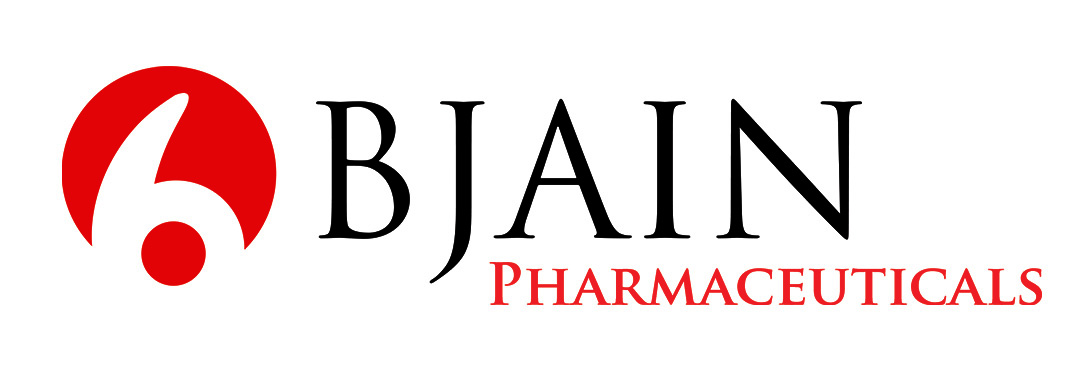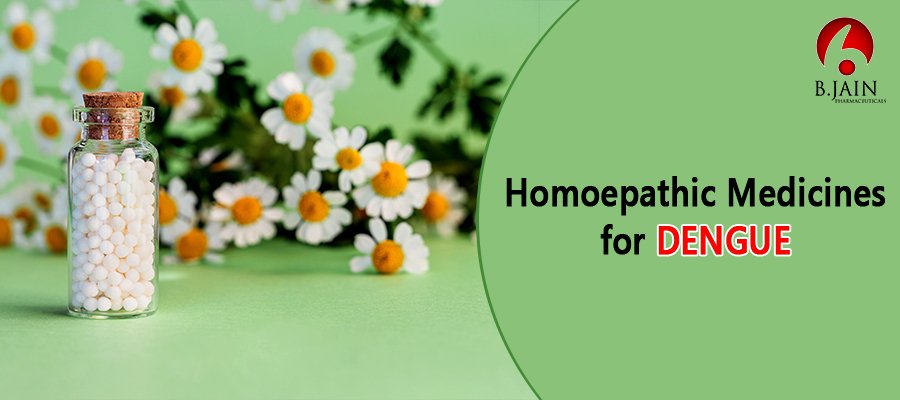Dengue is a widely known disease that is known to spread by the bite of mosquitoes in most tropical and subtropical countries in summer and monsoon weather. The primary vector of the disease are mosquitoes called Aedes aegypti which are also vectors of chikungunya, yellow fever and Zika viruses but they are only the carriers of the disease and the actual culprit is a Virus belonging to the Flavivirus family known as Dengue Virus or DENV. The virus has 4 different known serotypes making it possible to be re-infected with the disease multiple times. This virus has seen a huge surge in the last 20 years and now accounts for nearly 100-400 million infections each year with about half of the world’s population being at risk of the disease. More than 80% of the cases are mild and if detected timely and with proper medical aid, the fatality rate is only about 1%. It is now known to be a Neglected Tropical Disease or NTD.
Symptoms of Dengue
About 80% of infected persons remain asymptomatic while about 5% develop serious complications. The incubation period lasts from 3-14 days. Symptoms of dengue include:
- Headache, especially that behind the eyes
- Fever
- Muscle and Joint Pains
- Rash
The course of the disease is divided into the following 3 phases:
- Febrile: This phase is marked by high fever, vomiting, flushed skin or a measles like rash. There may also be some petechial or mild bleeding.
- Critical: In some patients the disease can progress to the Critical phase which starts with leakage of plasma in the blood vessels causing accumulation of fluid in the chest and abdomen & a depletion from the circulation. This leads to a decreased blood supply to vital organs, organ dysfunction and can eventually cause bleeding, hemorrhage and shock. Interestingly, instead of being beneficial for immunity building, those who have been infected with different serotypes in the past actually have an increased risk of developing the complications.
- Recovery (Convalescent): Next begins the Recovery phase with resorption of the leaked fluid into the bloodstream. It can be accompanied by severe itching and bradycardia. A fluid overload may cause peeling of the skin, seizures and fatigue.
Classification:
WHO’s 2009 classification divides the disease into 2 categories of Uncomplicated and Severe. Dengue Hemorrhagic Fever was further classified into 4 more grades.
Testing for Dengue:
Tests for Dengue Virus consist of the following:
- Cell cultures for Virus Isolation
- PCR Test for Nucleic acid detection
- Antigen Detection for the virus
- Serology tests for specific antibodies
It is to be noted that all tests may be negative in the initial stages of the disease.
Simple CBC or isolated Platelet Count is often used for understanding the progress of the disease as the virus affects blood cells that cause platelet damage leading to widespread bleeding and hemorrhage. High risk patients requiring urgent transfusion are considered to be those that have a platelet count below 20,000.
Prevention of Dengue:
The primary method for the control of the spread of dengue is the control of its vector. Since mosquitoes lay their eggs in stagnant water, its collection is discouraged. This is done by mass awareness, government initiatives and by spraying with insecticides. At the individual level, wearing full sleeves and pants, using mosquito nets while sleeping and insecticidal sprays and repellents are important.
Management of the Disease:
There are no specific anti-viral drugs for the disease and hence symptomatic treatment is done with oral rehydration therapy being important. Invasive medical interventions and blood transfusion is required for critical and unstable patients. Packed RBCs or whole blood are recommended for the transfusion and not platelets and plasma.
Homoeopathic Management of Dengue:
Homoeopathic medicines are helpful for the management of the disease.
Interestingly, a rubric in Synthesis repertory which is a part of Radar Software, also has laboratory findings of reduced platelets. These remedies can also be used for dengue.
Other Medicines that are helpful for dengue are:
Also encouraged as a preventive for Dengue, this medicine is useful for bone pains and febrile diseases. It is also indicated for fever with nausea, vomiting and throbbing headache along with dropsy and swelling. Suggested dose: Tincture, to third attenuation
Cinchona officinalis: Indicated for diseases from loss of vital fluids and symptoms with marked periodicity, it is a useful remedy for dengue as well. Suggested dose: Tincture, to thirtieth potency
A very useful remedy for stubborn fevers, rheumatism and increased thirst. Symptoms are better by vomiting. Suggested dose: Tincture, drop doses.
Visit our Previous Blog – Lumpy Skin Disease in Cattle and How Homoeopathy Can Help

Dr. Priyanka Motwani
Dr. Priyanka Motwani has completed her BHMS from the prestigious Nehru Homeopathic Medical College and Hospital, Delhi and holds a Post Graduate Program in Lean Six Sigma from Isenberg School of Management, The University of Massachusetts, Amherst. She is currently the R&D Head at BJain Pharmaceuticals and has a zeal to learn more and more each day.


